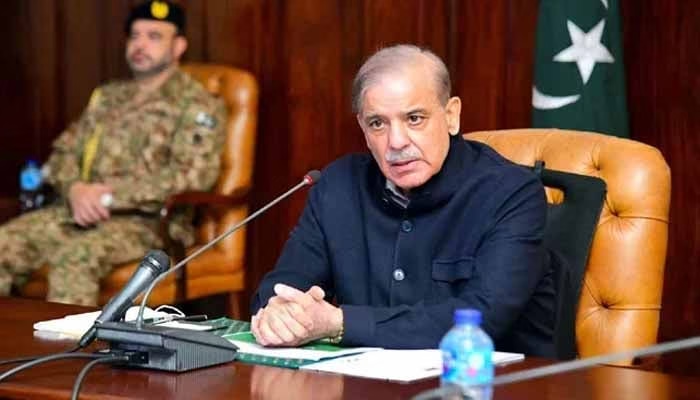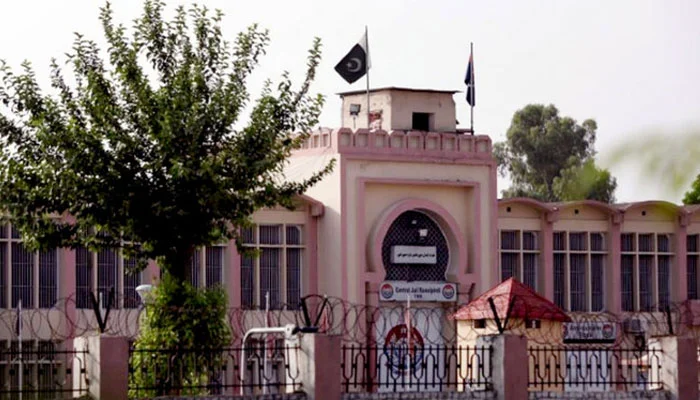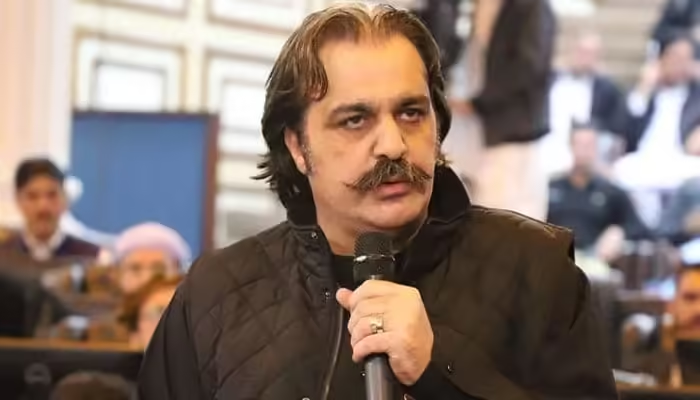In a move that has triggered widespread public and political backlash, Prime Minister Shehbaz Sharif has taken serious notice of the recent salary hikes granted to the Chairman Senate, Deputy Chairman Senate, Speaker National Assembly, and Deputy Speaker. The development comes in the wake of growing criticism over what many are calling an example of financial obscenity—particularly at a time when ordinary citizens are struggling with inflation and public sector employees have only received modest pay raises.
PM Demands Explanation on Salary Surge
According to sources close to the Prime Minister’s Office, Shehbaz Sharif has officially sought a report from both the Chairman Senate and the Speaker of the National Assembly regarding the rationale and justification for the abrupt increase in their salaries and perks. Insiders confirm that the PM is expected to make a final decision on whether the salary enhancements will stand once the full report is reviewed.
This scrutiny comes just days after the federal government presented the budget for the upcoming fiscal year, which included a 10% salary increase for government employees and a 7% increase in pensions. Against this backdrop, the significantly larger hikes approved for the top parliamentary offices are being viewed as tone-deaf and disproportionate, especially given the country’s ongoing economic challenges.
Defense Minister Calls It Financial Obscenity
The backlash has not been limited to the general public. Senior government figures, too, have voiced concern. Defense Minister Khawaja Asif, in a strongly worded statement, called the salary surge for the parliamentary leadership a form of financial obscenity, implying that such moves damage the credibility of the government’s fiscal discipline and commitment to equality.
Asif’s criticism has further intensified the debate within political and civil circles about prioritizing elite privileges over public welfare, especially when the average citizen continues to bear the brunt of record-high utility costs, taxation, and job insecurity.
Finance Minister’s Justification Falls Flat
In a post-budget press conference, the issue was directly addressed by the Finance Minister, who attempted to defend the move by arguing that no salary increases had been made for these top positions since 2016. However, the explanation was met with skepticism and disappointment, particularly on social media where hashtags criticizing the salary hike trended for hours.
Critics argue that while it’s true that no adjustments have been made since 2016, that doesn’t justify introducing a significant increase during a time of economic hardship for the wider population. You don’t give the elite a financial bonus while asking the poor to tighten their belts,said one political analyst.
Public Outrage and Questions of Moral Responsibility
The news has sparked an uproar among citizens, activists, and financial watchdogs alike. Many have taken to platforms like Twitter, Facebook, and YouTube to question the moral and ethical justification for what they see as unnecessary and self-serving financial indulgence by top lawmakers.
“It’s not just about legality. It’s about timing, optics, and ethics, said one civil society leader. At a time when the middle and lower classes are being crushed under inflation, such salary hikes for the privileged are nothing short of a slap in the face.
Legal and Procedural Oversight in Question
There are also emerging concerns over whether proper parliamentary and procedural channels were followed in approving these salary increases. Some lawmakers from opposition parties have called for a formal inquiry into how and when the pay revisions were approved, and whether they bypassed necessary legislative scrutiny.
There is growing pressure on the Prime Minister not just to reverse the salary increases but also to institute reforms ensuring transparency and accountability in future financial decisions involving high-ranking officials.
With the report expected to be submitted soon, all eyes are on Prime Minister Shehbaz Sharif’s final decision. Will the increases be rolled back to avoid further political fallout, or will the justification of “no raise since 2016” be accepted as valid?
Either way, this incident has reignited a larger debate about fiscal equity, leadership responsibility, and the moral compass of Pakistan’s political elite—a conversation that’s not likely to disappear anytime soon.
As Pakistan navigates another tough economic year, the decisions made in the coming days will speak volumes about the government’s priorities and commitment to fairness.



